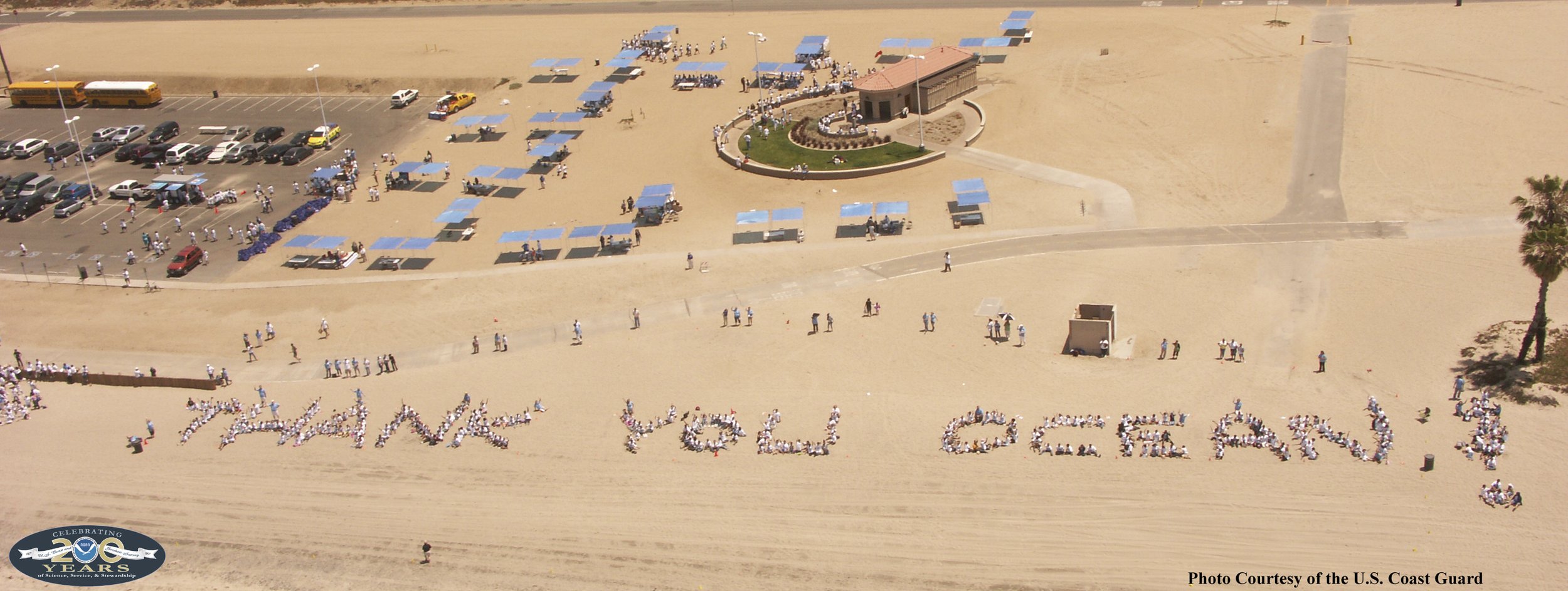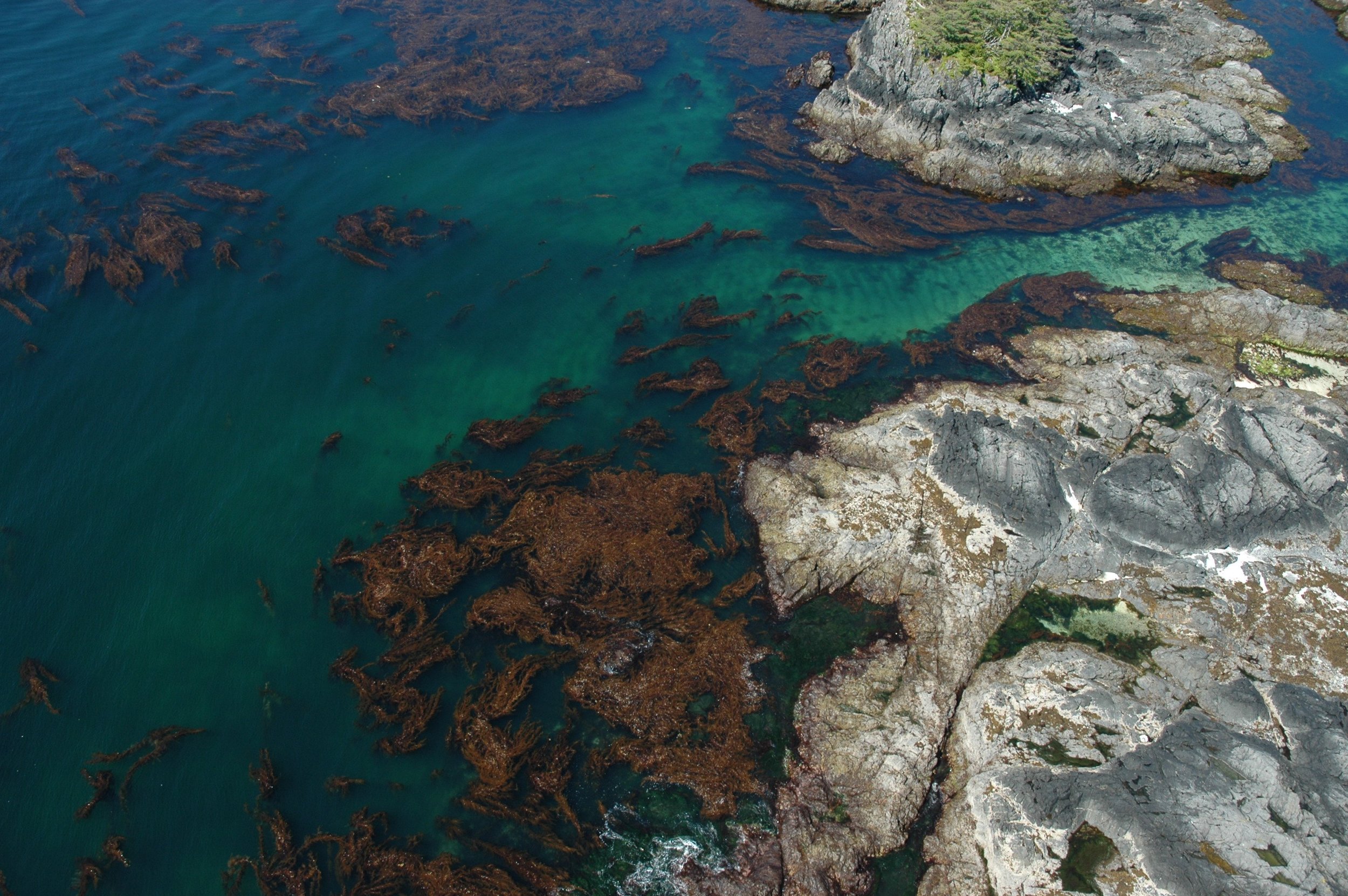
Strategy
Most of our work is based on one simple axiom: Those who depend on healthy waters can exert a powerful influence to protect them. Tribes, coastal communities, fishermen and seafood growers are among the first and most impacted by pollution. They can be uniquely effective champions.To defend the waters that feed the world, the most committed stewards often need scientific and strategic support. We provide it. We bring together people who make each other stronger. We organize research, training, technical and policy expertise, learning networks, scenario teams, communications strategies, demonstration projects, and critical funding. We engage partners across multiple disciplines to document impacts, to reduce or clean up pollution, and to strengthen tools for adaptation and resilience. “If you want to go fast, go alone. If you want to go far, go together.”

Punching beyond our weight
Founded in 1994, Global Ocean Health has delivered decades of outsize results for the waters that nourish the world. Here’s how:
-
We scout powerful new tools, insights, and solutions. We find world-changing minds. We put them to work.
-
We team with Tribes and fishermen for a reason: When the going gets tough, so do they. The ocean’s biggest challenges reward perseverance.
-
We bring together people who make each other stronger. By combining skills (often crossing silos in unexpected ways) we turn daunting into doable.
-
We aren’t here for easy wins. We’re here for the wins that matter most to protect the ocean’s ability to serve dinner, half our oxygen, and much of Earth’s sheer wonder.
-
We don’t try to do everything. We build new fields to solve the ocean’s biggest problems, handing off opportunities to others: we spawn careers, institutions, teams, funding, and markets.
-
If a problem is impossible, we’re interested. If it matters too much to ignore, we’re in. That’s why we focus on GHG pollution.

Credit: Alaska ShoreZone Program NOAA/NMFS/AKFSC; Courtesy of Mandy Lindeberg, NOAA/NMFS/AKFSC.

